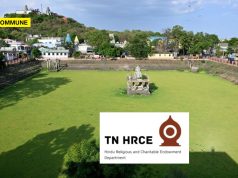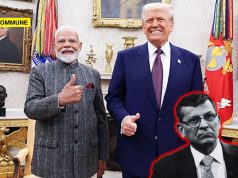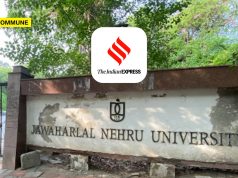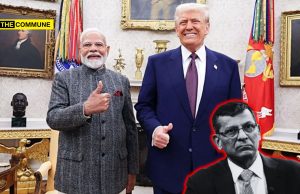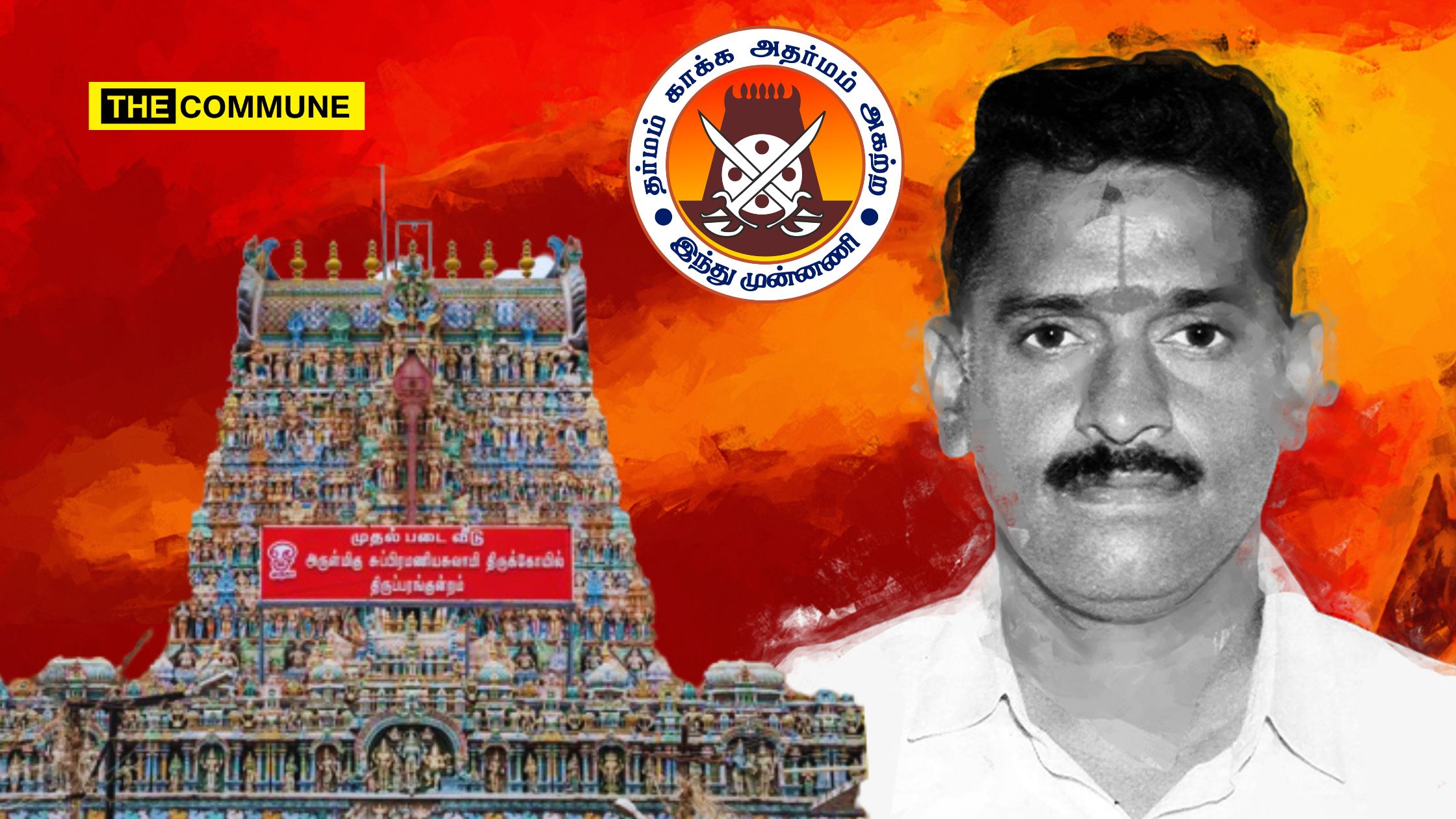
It is impossible to look at the ongoing strife between Hindu devotees and Islamists at Thiruparankundram without evoking the indomitable spirit of Rajagopalan, the fearless advocate of Hindu rights whose unwavering resolve against religious extremism became both his legacy and the reason for his brutal assassination.
Amid rising tensions between Hindus and Islamist fundamentalist orgainzations over the sacred Thiruparankundram Murugan Hill, the situation has been further exacerbated by an Islamist group that has claimed the hills as “Sikandar Hills” and announced plans to celebrate a sacrificial feast at the temple’s dargah, involving the killing of goats and roosters.
This controversy brings to mind a similar incident from history, when in 1994, violence erupted at the Thiruparankundram hills. Hindu activists, who were defending the rights of Hindus in the area, were murdered by Islamist groups in a bloody conflict, marking a dark chapter in the region’s history.
Advocate Of Hindu Rights
Rajagopalan, a prominent lawyer and leader of the Hindu Munnani, rose to prominence after the passing of Thanulinga Nadar. A committed social activist, Rajagopalan was known for his strict principles, simplicity, and commitment to the cause of Hindus. He led a humble life, often working alongside volunteers to address issues in his community. Rajagopalan was instrumental in organizing protests and standing up to religious extremism, advocating for Hindu rights without fear or hesitation.
One of the most notable events in his life occurred when he became involved in a confrontation with Islamist fundamentalists during the Ganesha procession on the lower banks of Madurai. When Islamist groups halted the procession, Rajagopalan led a successful march to ensure the procession’s continuation. However, during the altercation, he was struck on the head with a glass powder-filled clay ball, causing serious injury. Despite this, he continued his activism undeterred.
In 1991, Rajagopalan contested the Assembly elections from Thiruvallikeni and campaigned vigorously for Hindu issues. He later faced violent opposition, including stone-pelting protests from rival groups. He was also involved in an intense battle to erect a Karthikai lamp on the Thiruparankundram hill, which the government blocked due to the presence of a dargah. Despite the obstacles, Rajagopalan remained resolute in his fight for Hindu rights, earning the admiration of many.
Brutally Hacked To Death By Islamists
On 10 October 1994, Islamic fundamentalists, angered by Rajagopalan’s activism, assassinated him outside his home in Madurai. While he was sitting and reading the newspaper, a group of extremists launched a brutal attack on him. Despite attempts to divert the case into a political issue, the Hindu Munnani pressed for justice, leading to the case being acknowledged as a jihadi attack. The perpetrators were prosecuted under the TADA Act.
In 2011, six Islamists —Shahul Hameed, Raja Hussain, Subair, Zakir Hussain, Abdul Aziz, and Seeni Nainar Mohammed—were convicted and sentenced to life imprisonment for their involvement in the murder. The investigation, initially handled by the Tamil Nadu Police, was later transferred to the CBI, which revealed the conspiracy behind Rajagopalan’s murder. The accused were found to have murdered Rajagopalan due to his perceived opposition to the interests of Islam and Muslims, having been influenced and radicalized by jihadist preachers.
The case was a significant and controversial one, as it highlighted the increasing communal tensions in Tamil Nadu. The trial faced numerous obstacles, with petitions from the accused and interference from various courts, but the CBI succeeded in prosecuting the offenders. The trial court’s decision in 2011 held the accused guilty, sending a clear message about the need to uphold the rule of law in such sensitive matters.
Rajagopalan’s death was a tragic loss, but his legacy lives on. His courage and dedication to the Hindu cause continue to inspire many Hindus and beyond. Despite the challenges, the Hindu community has grown stronger, and Rajagopalan’s sacrifice remains a symbol of resilience against Islamist extremism which has come to haunt Thiruparankundram once again.
Subscribe to our channels on Telegram, WhatsApp, and Instagram and get the best stories of the day delivered to you personally.

